Scalp Exfoliation Is the Key to Healthier Hair—Here’s How to Do It Correctly



Ashley Locke


Photo by puhhha / Getty Images
Exfoliation is a critical part of any skincare and body care routine. Whether you’re looking to remove dead skin cells, unclog pores, improve skin texture, or even enhance product absorption, exfoliating your face and body with a chemical or physical exfoliant is the way to go. With all the skincare benefits it offers, why not extend exfoliation to your scalp? You should be, especially if the scalp experts have anything to say about it.
“Scalp exfoliation is the process of removing dead skin cells, excess sebum, and product buildup from the scalp’s surface, with much higher efficacy than a shampoo,” cosmetic chemist Míriam Freixa Villena tells IPSY. “Much like facial or body exfoliation, it helps maintain a clean, balanced environment by promoting optimal scalp health and improving the absorption of active ingredients from subsequent hair care products.” Cosmetologist Gia Guglielmo agrees, emphasizing the importance of incorporating scalp exfoliation into your hair care routine. “Over time, products and sebum can clog follicles, causing irritation, flakes, or limp hair. Exfoliating keeps the scalp balanced and refreshed. A clean scalp helps hair grow stronger, absorb nutrients better, and hold onto styles longer,” she notes.
Below, we walk through all the benefits of scalp exfoliation, how to exfoliate your scalp, and even share some DIY scalp scrubs to incorporate into your shower routine. Read on for scalp care tips from the experts!
It's about glam time you treated yourself.
Join IPSY

MEET THE EXPERT
Victoria Schrager is a New York and Long Island-based haircutting specialist and HAIRSTORY stylist.
Nelida D’Allesando is a board-certified trichologist and the Creative Color Manager at Tricoci Salon and Spa in Chicago, Illinois.
Míriam Freixa Villena is a cosmetic chemist and the Research & Development Manager at TARA NATURE’S FORMULA.
Gia Guglielmo is a cosmetologist and the US Sales Manager at SLICK GORILLA.
6 Major Benefits of Scalp Exfoliation
1. Removes Unnecessary Buildup
One of the biggest benefits of scalp exfoliation for all hair types is that it removes buildup. Similar to how you exfoliate your face and body to remove dead skin cells and clear clogged pores, exfoliating your scalp serves a similar purpose. “[It] removes buildup from oil, product, and dead skin for a cleaner scalp surface,” says board-certified trichologist Nelida D’Allesando.
2. Improves Blood Circulation, Promoting Healthy Hair Growth
Looking to grow your hair? Try exfoliating your scalp. According to Villena, it “clears follicles for optimal oxygen and nutrient delivery,” aiding in the hair growth process. HAIRSTORY stylist Victoria Schrager goes on to mention that “[Scalp exfoliation] will clear all of the excess buildup that can clog the hair follicles, which over time can hinder growth. It also increases blood circulation to your scalp, which promotes a happy scalp and healthy growth.”
3. Balances Oil Production
An especially notable benefit for those with oily hair, scalp exfoliation can help balance oil production. “Scalp exfoliation helps regulate sebum production by removing excess oils and normalizing the scalp’s pH,” says Villena. She notes that the ingredient charcoal “acts as a natural detoxifier, absorbing impurities and excess oil.” A chemical exfoliant like “salicylic acid dissolves buildup at the cellular level, helping prevent greasy roots without stripping or over-drying the scalp.”
4. It Can Reduce Dandruff
Those with dry, flaky scalps will appreciate that regular scalp treatments can reduce flaking and make their itchy scalp less irritated. D’Allesando shares that it “calms irritation and flaking, restoring comfort and clarity” to dry scalps.
5. Helps Your Other Hair Care Products Work Better
Beginning your hair washing routine with a scalp exfoliation “prepares the scalp for styling or treatment products to absorb more effectively,” says Guglielmo. This is also true of other hair care products, like shampoo, conditioner, hair masks, serums, and additional hair treatments. So if you want these products to work well, you need to exfoliate your scalp.
6. Leaves You With Shinier Hair
Schrager shares that regular scalp exfoliation can turn damaged hair into shiny strands. “It makes your hair appear shinier, lusher, and more voluminous.” That’s a good enough reason for us. How about you?
How to Exfoliate Your Scalp, Step-by-Step
Step 1: Start With Dry or Damp Hair
You may think you should shampoo your hair before you exfoliate, but that’s not the case. The experts recommend starting with damp or dry hair to let the hair product work its magic a bit better. “Applying the exfoliant on damp, unwashed hair is ideal; it grips buildup and removes it effectively,” shares Guglielmo.
Step 2: Detangle and Section Your Hair
Detangle dry hair with THE CRÈME SHOP Strawberry Cow Detangling Brush. If you’re starting with damp hair, use the KARMA BEAUTY Wet Detangle Brush because it’s gentle on fragile strands. Section your hair with sectioning clips so it’s easier to apply the exfoliant onto your scalp. You can also use claw clips if you don’t have sectioning clips.
Step 3: Choose Your Exfoliant
The experts have numerous recommendations on which scalp exfoliants to try. D’Allesando suggests the NUTRIRE T.2 Night Serum because it “makes exfoliation effortless while you sleep.” This one is a bit different from other exfoliants in that it works overnight. Gently massage it into dry or slightly damp hair before going to bed. “Leave [the product] on overnight so the lactic acid can exfoliate and nutrients can absorb gradually. In the morning, rinse and wash with NUTRIRE S-Series Shampoo and follow with C-Series Conditioner,” recommends D’Allesando.
Schrager tells us that she likes “to keep my hair care fairly simple.” Her go-to scalp exfoliating combo? The HAIRSTORY Pre-Wash and Massaging Scalp Brush. “I go in with the Pre-Wash in sections and use the concentrator nozzle to ensure that the product is on every portion of my scalp. After that, I use the scalp scrub brush to gently work the product into my scalp. I let it sit for three to five minutes; sometimes I will massage throughout that time, and then follow with New Wash,” she says of her routine.
Villena is a fan of the TARA NATURE’S FORMULA Detox Charcoal + Salicylic Exfoliating Shampoo. A two-in-one, the exfoliating shampoo works as a scalp exfoliant and a clarifying shampoo to get your scalp squeaky clean.
Guglielmo suggests the SLICK GORILLA Scalp Scrub, as it’s gentle enough for regular use. Work it into your routine weekly or bi-weekly for a healthy scalp.
Step 4: Apply Your Chosen Exfoliant to Your Scalp
Whichever exfoliant you decide to use for your scalp, make sure to apply it directly to your scalp. You want the product to pick up as much buildup, dandruff, and oil as possible, so apply it straight at the source. Villena reminds you to not to forget the back or the sides, either!
Step 5: Massage the Product Into Your Scalp
Now that the product has been applied to your scalp, work it in by moving your fingers or a scalp brush in circular motions for about two to three minutes. We know that sounds like a long time, but your head deserves the scalp massage, so don’t rush the process. Think of it more as a wellness ritual, so you feel better incorporating it into your weekly routine.
Step 6: Let the Scalp Product Sit for a Few Minutes
Before rushing to rinse out the scalp exfoliant, leave it on for a minute or two so the scalp-loving ingredients can penetrate the skin’s surface and get rid of any dirt, grime, or oil that isn’t hiding in plain sight.
Step 7: Thoroughly Rinse Your Scalp
Whether you kept the chemical exfoliant on overnight or used a physical exfoliant, you need to thoroughly rinse your scalp to not only get rid of the product, but also any scalp buildup the exfoliant wiggled loose. We recommend the BRIOGEO HAIR CARE Don't Despair, Repair!™ Super Moisture Shampoo for its moisturizing properties, which is exactly what your scalp and hair need post-exfoliation.
Step 8: Follow With a Moisture-Rich Conditioner
It’s not enough to rinse your hair with shampoo; you also need to use a hydrating conditioner to add moisture back into your strands. This will also ensure your scalp’s microbiome is at peace and undisturbed by all the friction. The NAK HAIR Hydrate Conditioner hydrates, smooths, and restores moisture for normal, dehydrated, or color-treated hair.
Step 9: Finish With Any Additional Products You Feel You May Need
Villena recommends a hair mask, should you feel you need a little extra moisture on your mid-lengths and ends. We have always loved how nourishing the EVA NYC Therapy Session Hair Mask is, thanks to argan oil and plant protein.
Don’t forget a scalp serum either, especially if you have a sensitive scalp. The MALINA Nourishing Hair & Scalp Serum (Glam & Tonic) is enriched with botanical extracts of hops and alfalfa and a revitalizing blend of amino acids to deeply nourish the hair and scalp.
3 Easy DIY Scalp Scrub Recipes
For your next at-home scalp exfoliation session, try one of these DIY recipes if you’re in a pinch. They’re great to keep in your back pocket in case you’re traveling and forget to bring a travel-size scalp product with you, too.
Sea Salt and Olive Oil DIY Scalp Scrub
This particular scalp scrub is great for those with flaky scalps, whether it’s from dandruff or psoriasis. The experts do stress that this is not ideal for those with eczema on their scalps, as the sea salt can worsen the lesions.
How to Make It:
Measure 2 tablespoons of sea salt
Measure 1 tablespoon of olive oil
Combine in a bowl and mix
Work into your scalp in circular motions
Rinse with shampoo and conditioner
Brown Sugar and Coconut Oil DIY Scalp Scrub
Have dry or damaged hair that you don’t want to completely destroy by using a scalp exfoliant? Brown sugar and coconut oil offer a gentle scrub, one that is also moisturizing for dry hair.
How to Make It:
Measure 2 tablespoons of brown sugar
Measure 2 tablespoons of softened or melted coconut oil
Combine in a bowl and mix
Work into your scalp in circular motions
Rinse with shampoo and conditioner
Coffee Grounds and Honey DIY Scalp Scrub
Coffee grounds contain caffeine. Caffeine is a natural stimulant for circulation. Increasing circulation on the scalp can help with hair growth. So if you’re struggling to grow out your hair, this may be the scrub for you.
How to Make It:
Measure 2 tablespoons of coffee grounds
Measure 2 tablespoons of honey
Measure 2 tablespoons of olive oil
Combine in a bowl and mix
Work into your scalp in circular motions
Rinse with shampoo and conditioner
Final Thoughts: A Healthy Scalp Breads Healthy Hair
Scalp exfoliation benefits include buildup removal, hair growth, flake reduction, and oil control. You should incorporate it into your hair care routine once a week, though some can do it bi-weekly if they have a healthier scalp.
Using an exfoliant on your scalp conditions allows your hair to grow healthy and strong. Because if you don’t have a healthy scalp, how can you expect to have healthy hair? You don’t have to look too far for scalp care products either, as the IPSY Shop has everything you need to start your scalp exfoliation routine today.
Liked this post? Share!
Related Stories
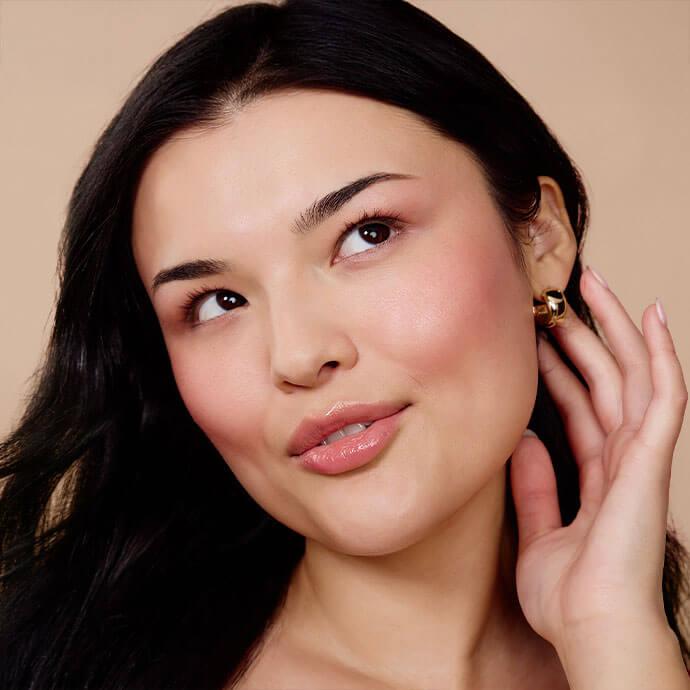
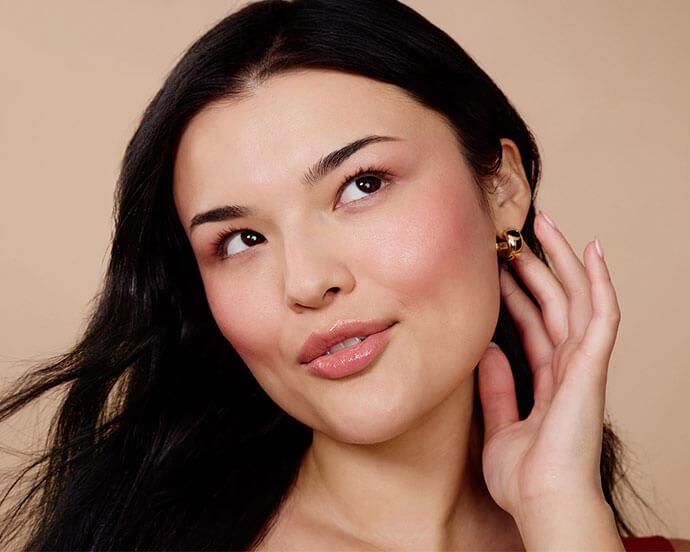
Hair
What It Really Takes to Get Healthier Hair
Published on Jan 22, 2026 • 12 min read

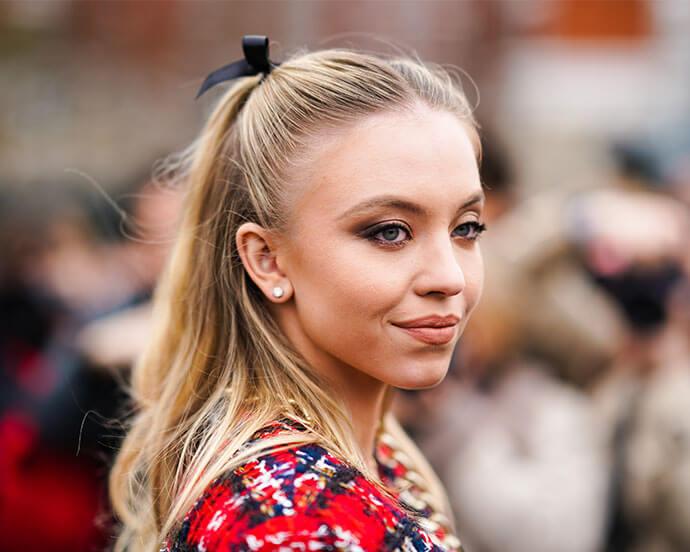
Hair
This Valentine’s Day, Let Your Hair Do the Flirting
Published on Jan 15, 2026 • 12 min read
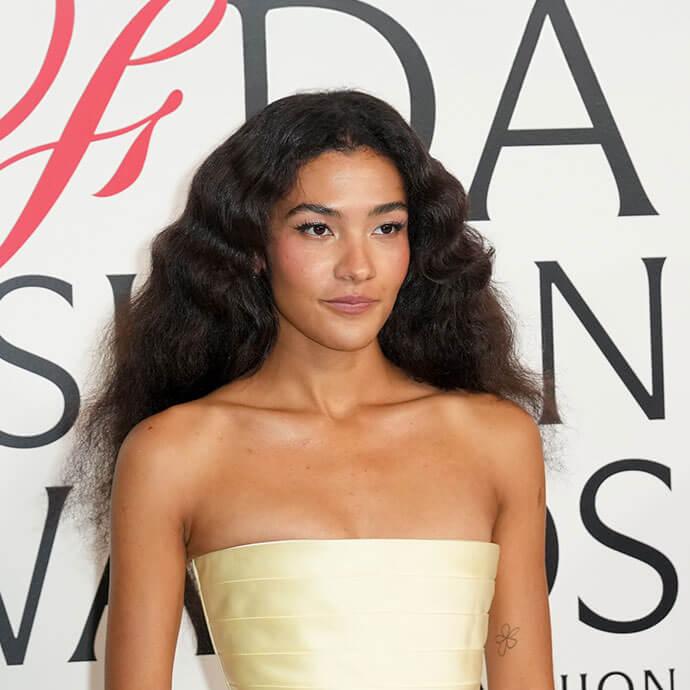
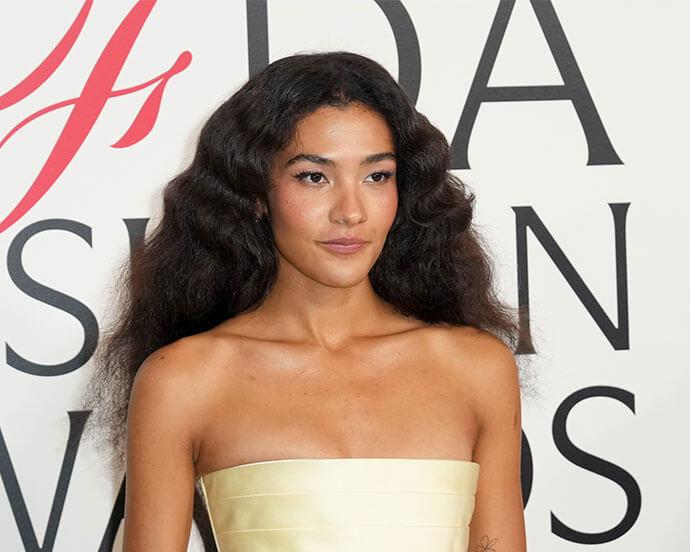
Hair
Cloud Curls Are the Anti-Crunchy Curl Trend We’ve Been Waiting For
Published on Jan 14, 2026 • 8 min read
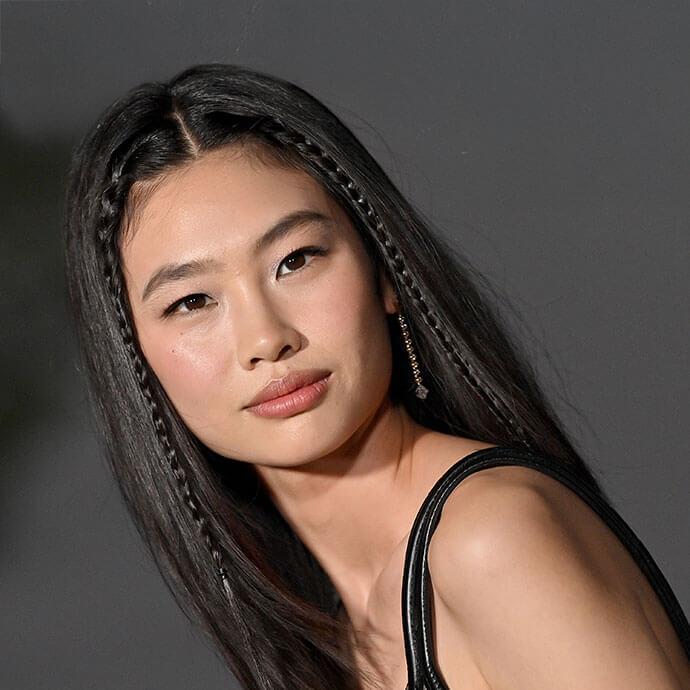

Hair
10 Easy and Cute Hairstyles That Take Zero Effort (and Time)
Published on Jan 12, 2026 • 6 min read


Hair
21 Easy Hairstyles to Enhance Your Natural Curls and Coils
Published on Dec 3, 2025 • 11 min read


Hair
The Ultimate Guide to Styling Short Hair
Published on Dec 1, 2025 • 11 min read


Hair
The 10 Best Hair Masks and Conditioners to Promote Hair Growth
Published on Mar 11, 2024


Hair
20 Trendy Hairstyles That’ll Make You the Life of the (Holiday) Party
Published on Oct 15, 2025 • 9 min read


Beauty Picked Just for You
Get 5 products worth up to $70
Plus exclusive access to epic deals up to 80% off
Starting at just $14/month. Cancel anytime.